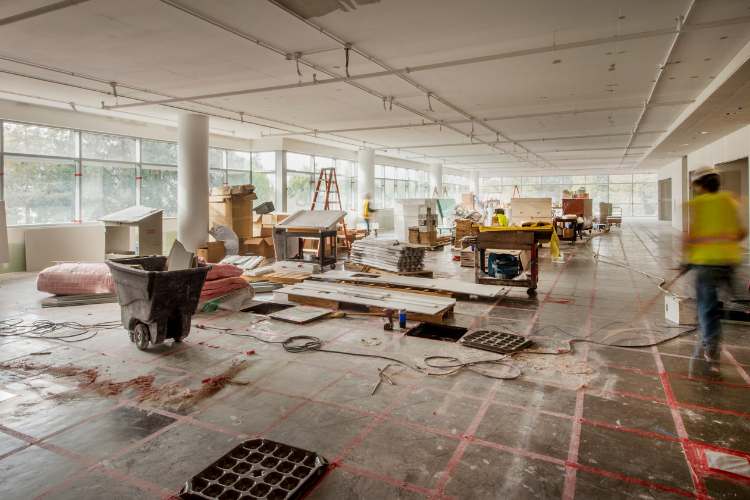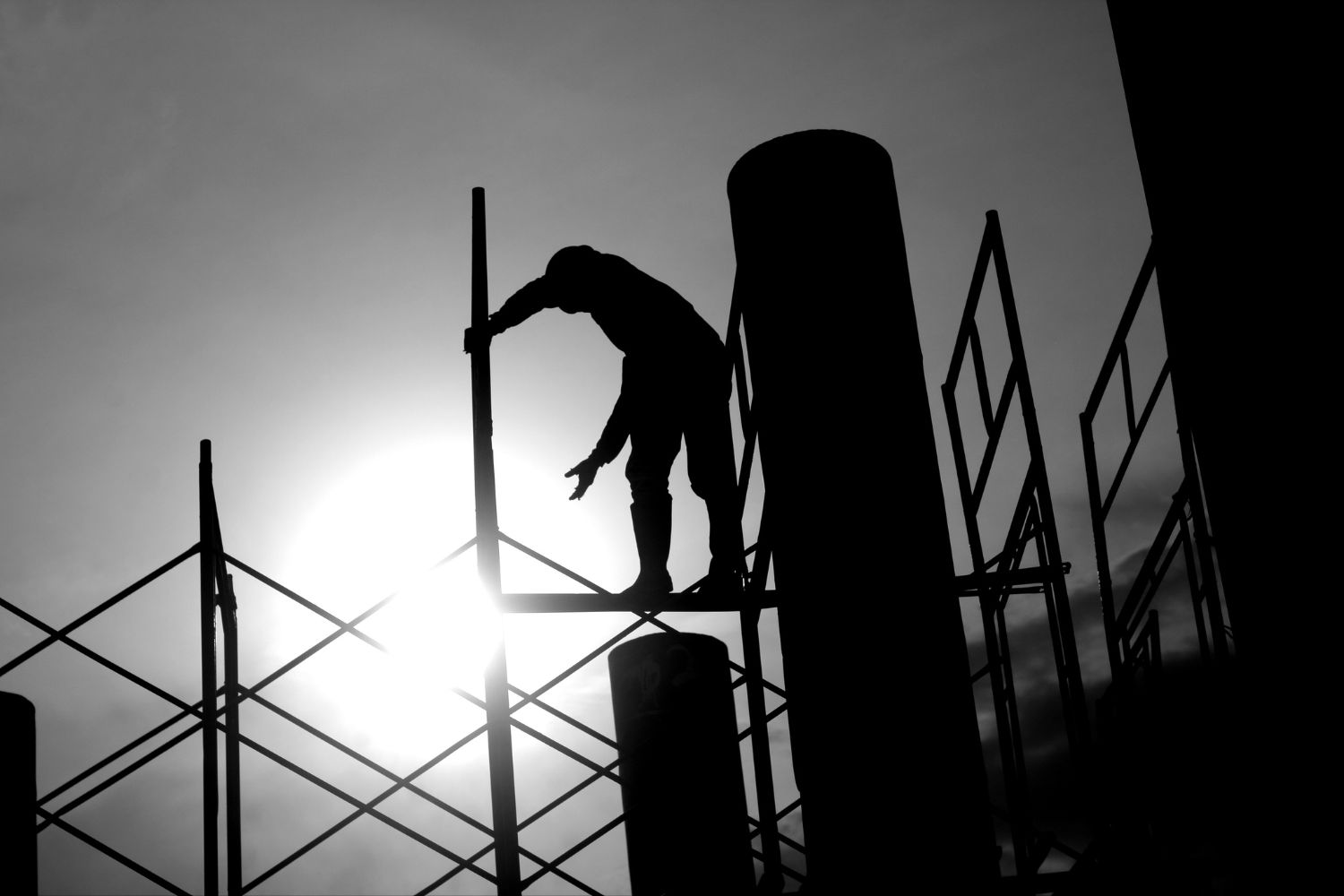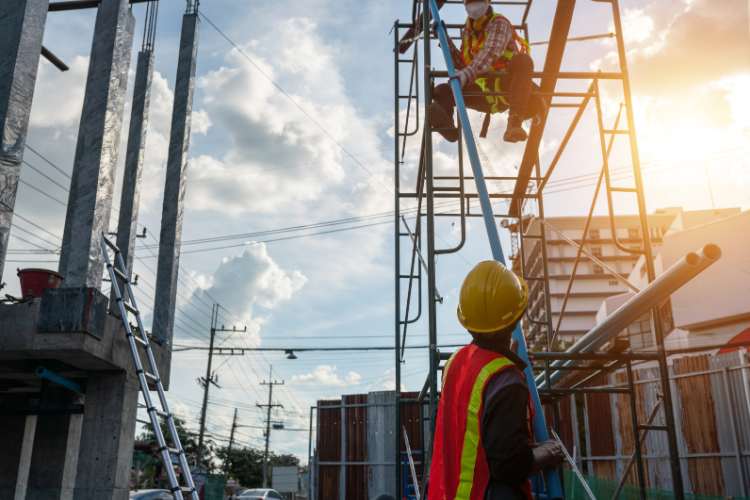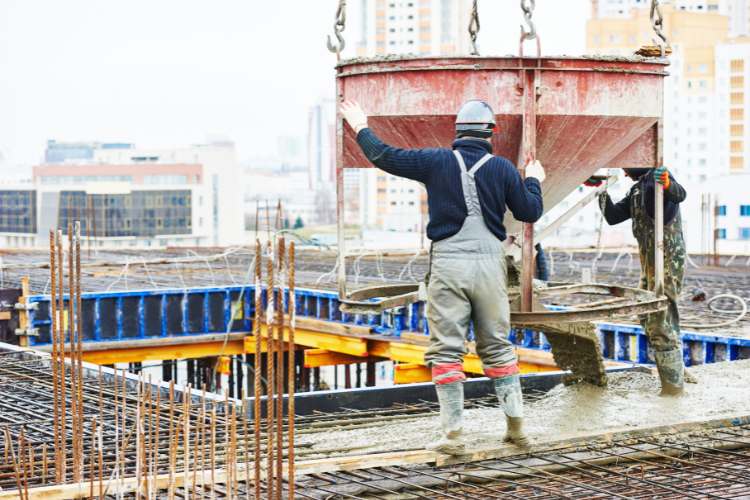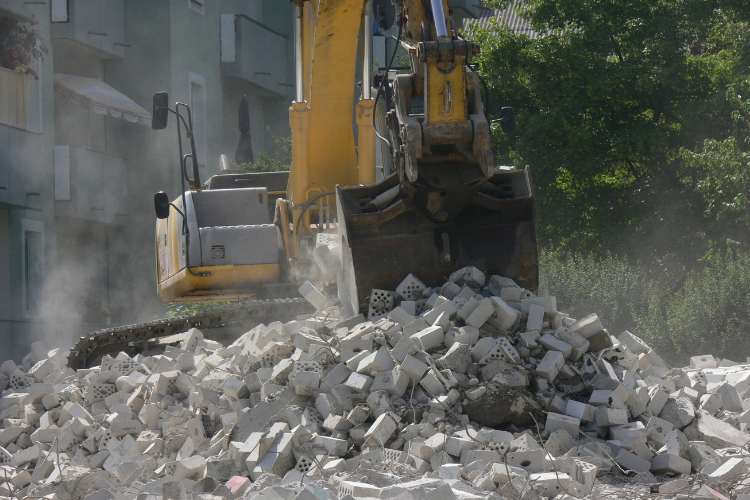For contractors, construction notices are the equivalent of taking out an insurance policy on each project. They’re there if you need it, and irrelevant if you don’t. But for some reason, there’s a negative stigma around sending construction notices, and more specifically, liens in general. This is likely due to the false idea that sending notices to clients can cause tension, but we’re here to tell you that this misconception is a big mistake. Construction notices aren’t about being confrontational or difficult; they’re about protecting your business and following the rules.
If you’re nervous about issuing a construction notice, consider the fact that any reputable general contractor, and developer or property owner for that matter, are expecting you to send one. They’re used to receiving notices on behalf of subcontractors, suppliers, and anyone associated with the project. This is standard practice and no experienced general contractor will balk at it. Additionally, most correctly view it as a crucial component for maintaining transparency, efficiency and integrity in any commercial project.
Table of Contents
1. Promotes Better Communication
Communication across a project is key, particularly within the complex environments that many contractors operate in. Requirements, expectations, and specifications must be crystal-clear at every stage of the project, from pre-construction all the way through payments. One part of this communication is sending pre-liens, as they notify the GC or property owner of the work you’re performing on the project. This is useful to both the property owner and general contractor, because neither want to end up in a situation where you’re not paid and the project gets liened.
Not only do construction notices provide an auditable paper trail, increasing the effectiveness of your communication and compliance efforts, they also demonstrate your diligence and understanding of your business. This, in turn, earns you greater confidence and trust from clients and business partners in the long run.
2. Helps You Get Paid Faster
Bottom line— construction notices don’t just help you communicate better, they help you get paid faster.
In the construction industry, getting paid can be a long, stressful process with many invoices taking over 90 days to settle. construction notices allow you to raise your hand and let the appropriate parties know that your team is on the job, and that you’re making sure not to forfeit your lien rights. This in turn incentivizes them to settle payments and avoid liens being filed. Getting paid more quickly makes it easy to purchase materials for your next job.
3. Mitigates Risk on the Project
By sending a notice, you’ll mitigate the risk of spending money on the work, but not being able to pay your suppliers and installation crew. Even on seemingly reliable projects, payment problems can come out of nowhere, leaving you in a challenging cash position. When this happens, claiming your right to compensation is important, but nearly impossible without having first sent a construction notice. Failing to issue construction notices on a consistent basis is risky, not just for you, but for everyone who puts their faith in your ability to get them paid.
Even if you don’t think you’ll need to file a lien, construction notices leave the option open. If you fail to send a prelim, you’re essentially forfeiting the right to file a lien if needed, leaving the financial stability of your business up to chance.
Protect Yourself and Your Business
It’s important to remember that a construction notice is not a lien, it’s a notice. Construction notices are beneficial for everyone involved on a project, providing clearer communication, higher credibility, and better payment assurances for all parties. Most importantly, preliminary notices are a crucial part of protecting yourself and your business.
Whether or not your state requires a construction notice, contractors should never hesitate to harness the benefits of sending a pre-lien, nor should they be concerned if Billd has to send a construction notice/file a lien with the GC when they work with us. By protecting both your business and your bottom line, construction notices can be a contractor’s best friend.

